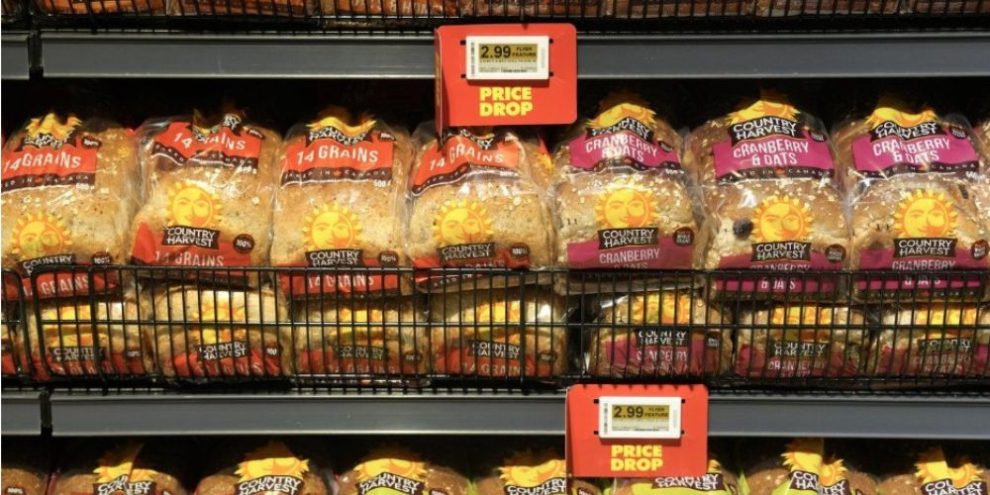
A recent study out of Laval University finds many foods that are high in sodium and sugar on Canadian shelves are much cheaper than healthier, equivalent options.
The lead author said she hopes the findings could prompt meaningful action at the political level to reduce health inequalities caused by high food prices in the country.
“Someone who has the means can perhaps afford to make changes to the foods they’re used to eating and opt for something that may be a little more expensive but is more nutritious, but we know that’s not the case for everyone,” said Isabelle Petitclerc, also a PhD candidate in nutrition at the university.
The study was published in the journal Public Health Nutrition in August.
The researchers involved analyzed over 2,000 products using parameters associated with Health Canada’s “high-in” nutrition label — which is used in food packaging to indicate when a product has high levels of a certain ingredient — to separate healthy foods from unhealthy ones. The team then looked at which products were the cheapest.
Five categories of processed foods — sliced bread, breakfast cereals, snack foods, processed cheeses, cookies and crackers — were included as part of the study.
“In the categories of food that we looked at, it was the products that were high in sugar and sodium that were often the cheapest in their food category,” Petitclerc said.
That’s not surprising, she said, considering sugar and sodium are cheaper ingredients.
The only unhealthy foods they found tended to be more expensive were those high in saturated fat, because of high-cost ingredients like butter or coconut oil, she said.
Starting next year, Health Canada's "high-in" label will be required on all foods it considers high in saturated fat, sugar and sodium.
The new approach is part of an effort to encourage Canadians to make healthier choices, as those ingredients contribute to health problems like obesity, heart disease and Type 2 diabetes.
Some products seen in grocery stores already include the label.
Petitclerc said she will continue researching the relationship between food prices and their nutritional value, saying she wants to see if some food producers will opt to change their ingredients to avoid having the label included on their packaging.
“This adds another challenge in terms of pricing, because we know that any modification comes at a high cost for companies," she said. "We also want to see if foods that were modified are perhaps a little more expensive than they were before."
She also hopes the study will spur future research that will look at how to reduce inequalities between consumers, suggesting food coupons for those in poverty or taxes on less nutritious foods as some possible interventions.
This report by The Canadian Press was first published Oct. 12, 2025.











